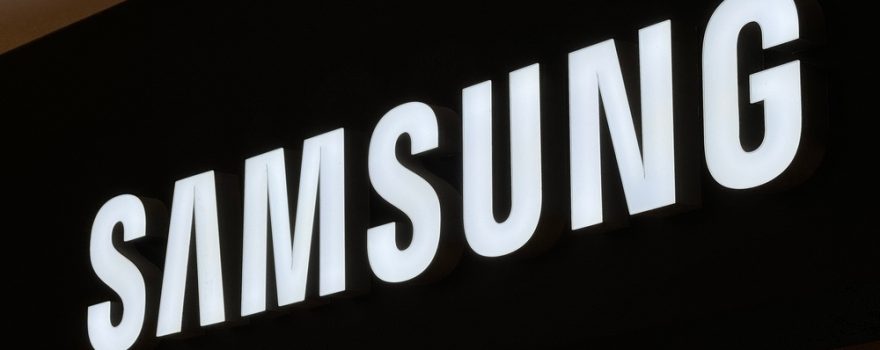
Samsung Electronics Co. has reported a remarkable increase in both sales and profit, marking its fastest growth in years. This surge is largely driven by a revival in memory chip demand fueled by the global acceleration of artificial intelligence (AI) development. The world’s largest manufacturer of memory chips and smartphones saw a 15-fold increase in operating profit, reaching 10.4 trillion won ($7.5 billion) in the June quarter. This figure surpassed analysts’ expectations, while sales grew by approximately 23%, the biggest rise since the Covid-era peaks of 2021. Consequently, Samsung’s stock rose 3%, reaching its highest level since January 2021.
The significant profit boost highlights the recovery in the $160 billion memory market, which is rebounding from a severe post-Covid downturn. This recovery is driven by increased demand for data centers and AI development. According to CLSA estimates, the average memory chip prices rose by 15% from the previous quarter, aiding Samsung’s largest division in reversing last year’s losses.
The positive results have sparked a broader rally across the chip sector, with companies such as Infineon Technologies AG, STMicroelectronics NV, ASML Holding NV, and Arm Holdings Plc seeing stock price increases. Samsung’s depositary receipts in London also rose by roughly 4% at 9:45 a.m. New York time.
Both DRAM and NAND prices were boosted by the demand for AI servers and enterprise data storage, helping to reverse inventory valuation losses, according to Sanjeev Rana, an analyst at CLSA Securities Korea. Additionally, Samsung’s foundry operations received a boost from improved IT demand.
South Korea’s government announced that the country exported the most semiconductors on record in June, contributing to an $8 billion trade surplus, the largest since 2020. Samsung is scheduled to announce final earnings with divisional breakdowns on July 31. However, investors remain concerned about its market position in AI chips compared to SK Hynix Inc., which has become the leading supplier of high-bandwidth memory (HBMs).
Despite the broader industry recovery, Samsung has struggled to get its latest HBM chips certified by Nvidia Corp., which has become the world’s most valuable chipmaker due to high demand for AI accelerators. In contrast, SK Hynix recently reported its fastest revenue growth since at least 2010, propelling a 60% rally in its shares since the start of 2024, compared to an 8% gain for Samsung’s stock.
Samsung is also facing internal challenges, with union organizers planning a three-day walkout involving its 28,000-plus members over a pay dispute. This follows a strike last month involving a small number of staff, the first in the company’s 55-year history. It remains unclear how many employees will participate in the upcoming walkout.
Looking ahead, Samsung aims to secure more business in AI memory while addressing concerns about oversupply. The company recently appointed Jun Young Hyun, a memory chip veteran, as the new leader of its most important business line, replacing Kyung Kye-hyun. In the coming weeks, Samsung plans to maintain its momentum with a Galaxy Unpacked event in Paris, showcasing its latest smartphone innovations.
For more details, read the full article on Bloomberg.




